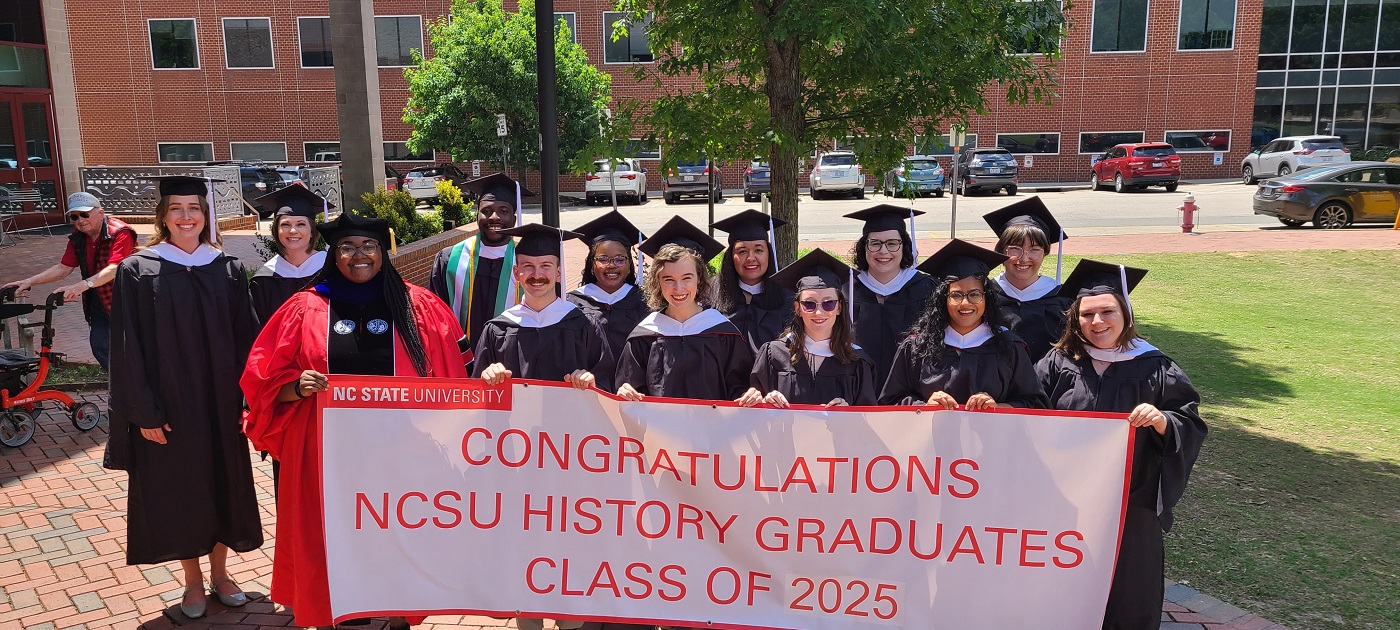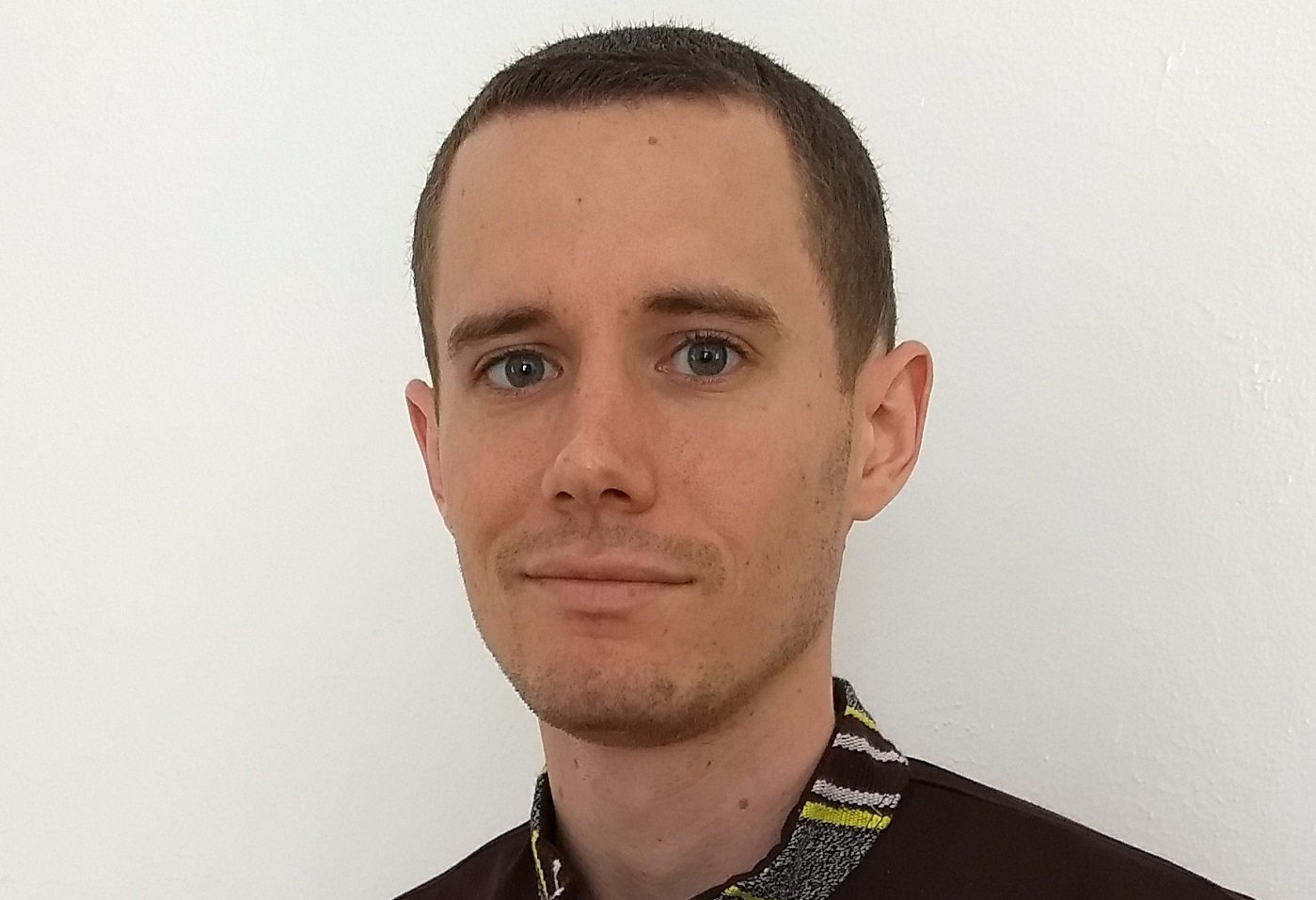Rethinking Museum Accessibility
As graduate students, we tend to sell ourselves short on the impact our research has within the community and academic world. With the inspiration of great mentors and chance opportunities, we are able to gain the confidence necessary to go beyond our personal boundaries and perhaps even to transcend others.
In the fall of 2015, I was a first year master’s student of public history who was suffering from the dreaded “imposter syndrome” as I had yet to figure out my future goals. One of the courses I took that semester, Dr. Gordon’s Introduction to Public History, helped to instill a sense of passion to advocate for underrepresented communities through reconsidering how we interpret and communicate historical narratives. The required final project for the course was to apply the methods of best practice learned throughout the semester into a visitor study, social media plan, or program plan that a local institution could utilize and engage with new audiences. As I decided on my project, I had yet to recognize what a huge impact each of our individual projects would have in the community; I especially hadn’t realized how my own project would affect my future studies.
The project that I completed that semester involved working with the Museum of Durham History on a plan to provide better accessibility to the museum’s exhibits for people with visual impairments. After researching the Americans with Disabilities Act, I assessed how I could best develop a program to provide this access. I decided to develop an audio guide script based on the museum’s exhibits and I did so with a focus on the institution’s small budget. Along with the audio guide, I planned to create a tactile accompaniment that would provide a multisensory experience for visitors. Although the class project only required a written plan, I have been able to continue to implement the program as an intern at the museum. This project has also led the museum to reconsider its accessibility for audiences with different disabilities as we are now working toward establishing a taskforce of sorts to promote these improvements. After recognizing the impact that the program plan had on audiences of small museums, I wanted to share my findings with the historical community.
Georgia State University’s History Graduate Student Conference advertised its theme as “Transcending Personal, Social, and Political Boundaries” and I realized that my project fit in perfectly. I was initially a bit skeptical about travelling to Atlanta and worried about hotel expenses as the city is quite pricey. However, the department was gracious with their travel funding and covered my costs entirely! Still, as the first conference I was presenting at and as the lone public history student, I was nervous about the relevance of my project. To my surprise, the keynote speaker Dr. Steven Noll of the University of Florida discussed disability history in America and the role of activists in establishing protections such as the ADA. His son, Jody Noll, was the organizer of the conference and presented his research on intellectual disabilities in archives in my panel. Our moderator, Dr. Kate Wilson, led our panel in an engaging discussion on the importance of reconsidering our interpretations in historical institutions in ways that make the intended audience inclusive of people with and without disabilities– the community as a whole rather than segmented. Dr. Wilson and Dr. Noll provided excellent incite on my project and its potential for other small museums. Before presenting my project, I expected little more than to gain conference experience. However, my time at GSU’s conference was spent engaging with other professionals and sharing our passion for advocacy.
I am grateful to Dr. Gordon for teaching with such dedication and passion that has inspired me and many other students from that class to advocate for our communities. She has continued to support this endeavor and has provided vital feedback. I am also grateful for the department’s generosity that allowed me to not only learn from other historians but also provided me with an opportunity to contribute to the field. I have gained confidence in my work and hope to continue to promote change in how we advocate for our audiences.
- Categories:


